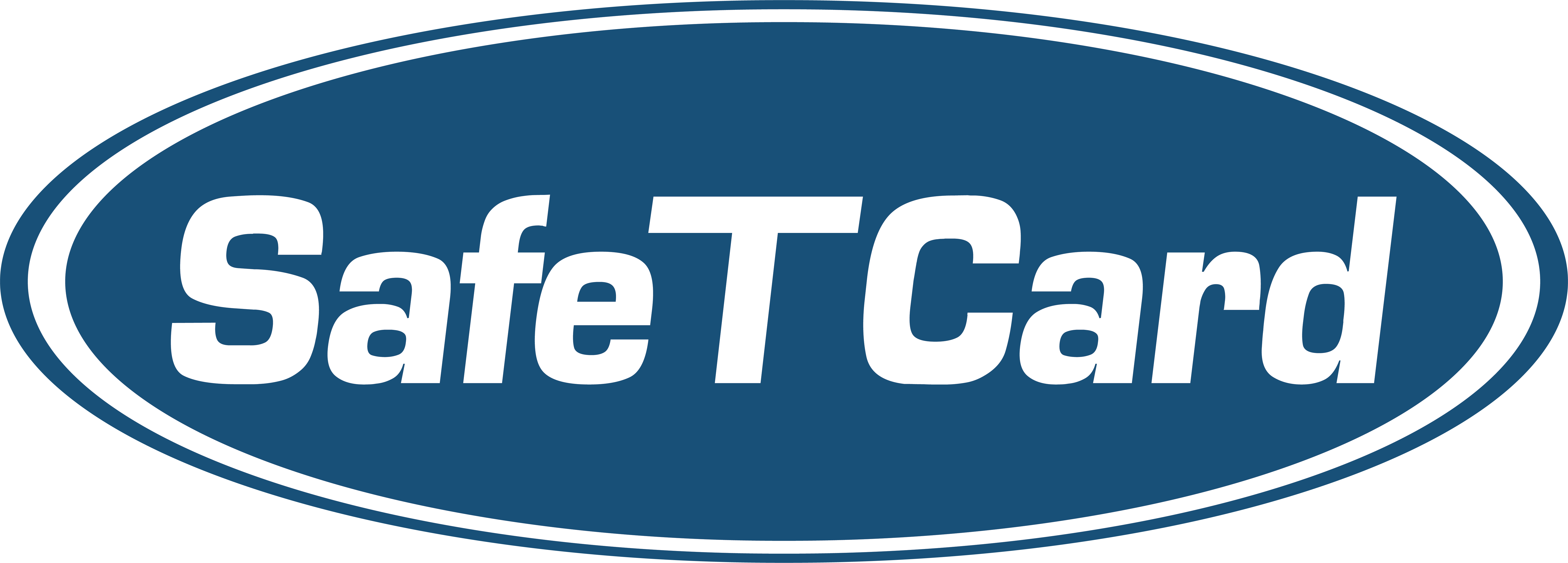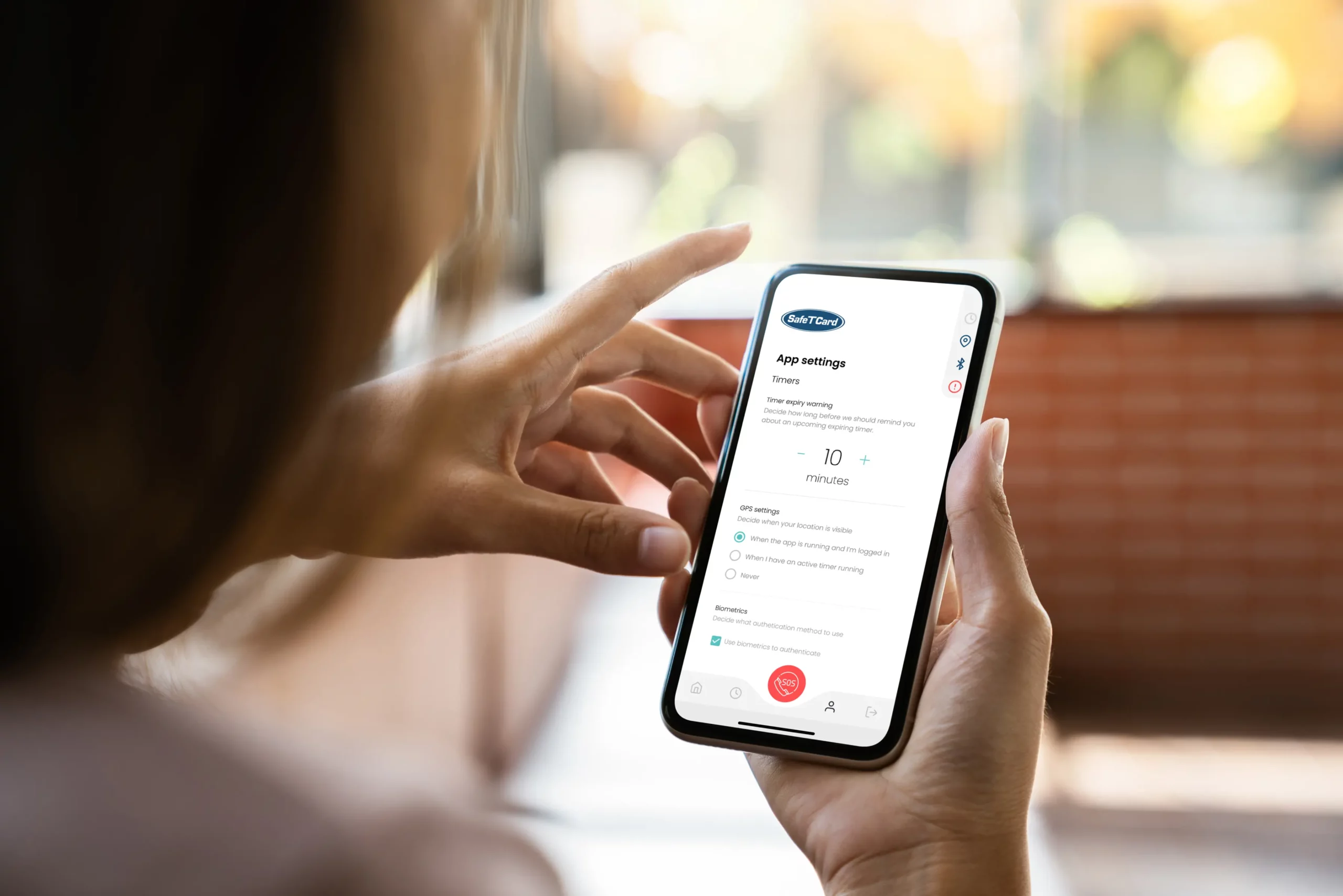When it comes to protecting lone and remote workers, GPS location is one of the most effective tools an organisation can use. But it’s also one of the most misunderstood.
While some employers hesitate to use GPS-enabled safety solutions due to privacy concerns, the reality is clear: when implemented correctly, GPS positioning technology is both lawful and essential to meeting Work Health and Safety (WHS) obligations.
Why location tracking matters for lone worker safety
Employers have a legal duty of care under the Work Health and Safety (WHS) Act to protect workers performing tasks in isolation or remote settings. This includes:
- Monitoring a worker’s location during work hours.
- Ensuring they can communicate quickly in an emergency.
- Implementing reasonable controls to reduce risks associated with working alone.
These requirements form a legitimate business purpose for using safety devices and applications that collect location data; as long as that data is handled transparently and appropriately.
Privacy and the law: what employers need to know
Federal Level – Privacy Act 1988
Under Australia’s Privacy Act 1988, consent is not always required if personal data (such as a worker’s location) is collected for a legitimate business purpose (such as safety and incident response) and employees are notified.
However, any collection of sensitive information (for example, health or biometric data) does require explicit consent.
State and Territory surveillance laws
Several states and territories, including NSW, VIC, ACT and WA, have additional requirements for workplace surveillance, which typically include:
- Written or implied consent for location monitoring.
- Advance notice of any surveillance (such as GPS or app-based monitoring).
- Clear policies explaining what is monitored, when and why.
Failure to comply can expose organisations to privacy complaints or legal penalties.
Best practices for privacy-compliant lone worker monitoring
To balance safety and privacy, employers should take a transparent and responsible approach:
- Inform employees clearly about:
- What data is collected (e.g., location, check-ins).
- When and why it is collected.
- Who can access it and how it is stored.
- Obtain consent where required:
- Include clauses in employment contracts, onboarding materials or app usage agreements.
- Limit data collection to work-related hours and safety purposes only.
- Covert or continuous surveillance outside work hours is prohibited under state laws.
- Consult internal privacy teams before implementing any new system.
How SafeTCard protects privacy while keeping workers safe
At SafeTCard, we understand that location data is sensitive, and that trust is essential.
Our device-based solutions only transmit location data when an alarm is activated, ensuring privacy while maintaining rapid response capabilities.
The SafeTCard Mobile App uses location services on iOS and Android devices, which must be manually enabled by the end user. This empowers workers to control their own privacy settings while ensuring they can be found quickly in an emergency.
Both solutions are supported by our 24/7 Alarm Receiving Centre (ARC), where trained operators respond immediately to alerts and direct emergency services to the worker’s exact location.
Transparency builds trust and adoption
Informing employees about how and why safety technology works is not just a compliance step. It’s key to building trust and encouraging consistent use.
When workers understand that location tracking exists to protect, not to monitor, they are more likely to engage with the system and use it confidently in emergencies.
At SafeTCard, we are committed to ensuring that lone worker safety solutions are both effective and ethical, helping organisations meet WHS obligations while respecting every employee’s right to privacy.



